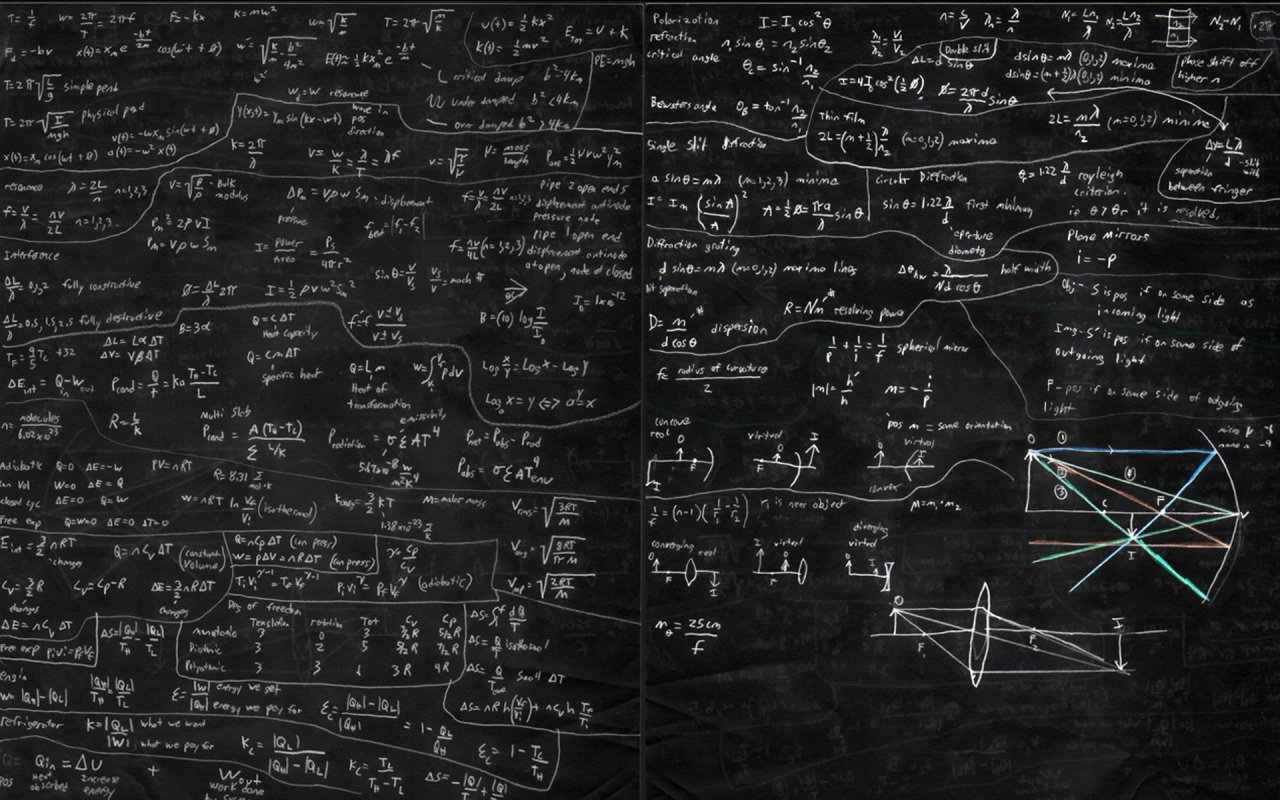Life and the Laws of Money
Money, like any other entity, conforms to a set of behavioral laws which limit its interactivity and function. These are the laws that govern money.

Money is the hack that was created to not only justify but perpetuate the comfortable existence of a select few while billions carried on with their lives in abject poverty or on the fringes of economic prosperity. Cash has permanently and irreversibly institutionalized classism in our society.
THE HYPOTHESIS
Money ≈ Comfort
The vast majority of people will admit that they subscribe to the hypothesis that money in the modern world is, for all practical purposes, the equivalent of comfort. And that the more money an individual has, the greater is their ability to provide comfort to themselves and their loved ones.
Thus, if we were to deconstruct this relationship and reduce its multiple facets to their core then we would be left with the following 3 variables -
1. Stress
2. Time
3. Ability

THE FORMULA
Money ∝ 1/Stress
Money and stress are usually inversely proportional to each other but they share a complicated relationship. However, money in many ways is a stress divider since it eliminates base needs related to survival and contentment.
Money ∝ Time
Money and time are directly proportional to each other. This relationship enables wealthy individuals to expand the finite amount of time available to them by employing others. There is a variable of efficiency but delegation and division of labor, enabled through cash, serve as scalable time multipliers.
Money ∝ Ability
Money is directly proportional to our abilities and the abilities that are made available to us for our disposal. It is an ability adder and allows the coupling of disparate skillsets to achieve a singular objective. Cash is a social lubricant and it effectively unites people around a common mission.
The combination of these relationships results in the following formula which encapsulates our complicated social relationship with money.
Money ≅ (ΣAbility x ηTime) / Stress
where η is the efficiency factor
Modern society has been built on the notion of aggregating wealth and power, and so any force which supports this equilibrium will find mass adoption. Currently capitalism, an economic model favoring unregulated market force, is the most perfect manifestation of this equation.
Money breeds inequality and indifference. It allows for disparate standards of quality of life across humanity to comfortably coexist. Although we should find this deeply troubling it is in fact the default.
THE LAWS OF MONEY
Money, like any other entity, conforms to a set of behavioral laws which limit its interactivity and function. These are the laws that govern money -
1. Money is an infinite resource.
2. Money was designed to aggregate.*
3. Money has notional value and no economic value of its own.
4. Money has value that erodes over time.
5. Money chases perpetual growth.**
6. Money acts as a social lubricant.
7. Money corrupts.
8. Money concentrates power.
9. Money weakens power structures.
10. Money creates and strengthens systemic inequality.
* Money has a natural tendency to assemble in larger quantities since that not only increases efficiency of capital deployment but asset security as well.
** Money has a present value which depreciates over time due to inflationary pressures. This is an intrinsic reason for money to be chasing perpetual growth.